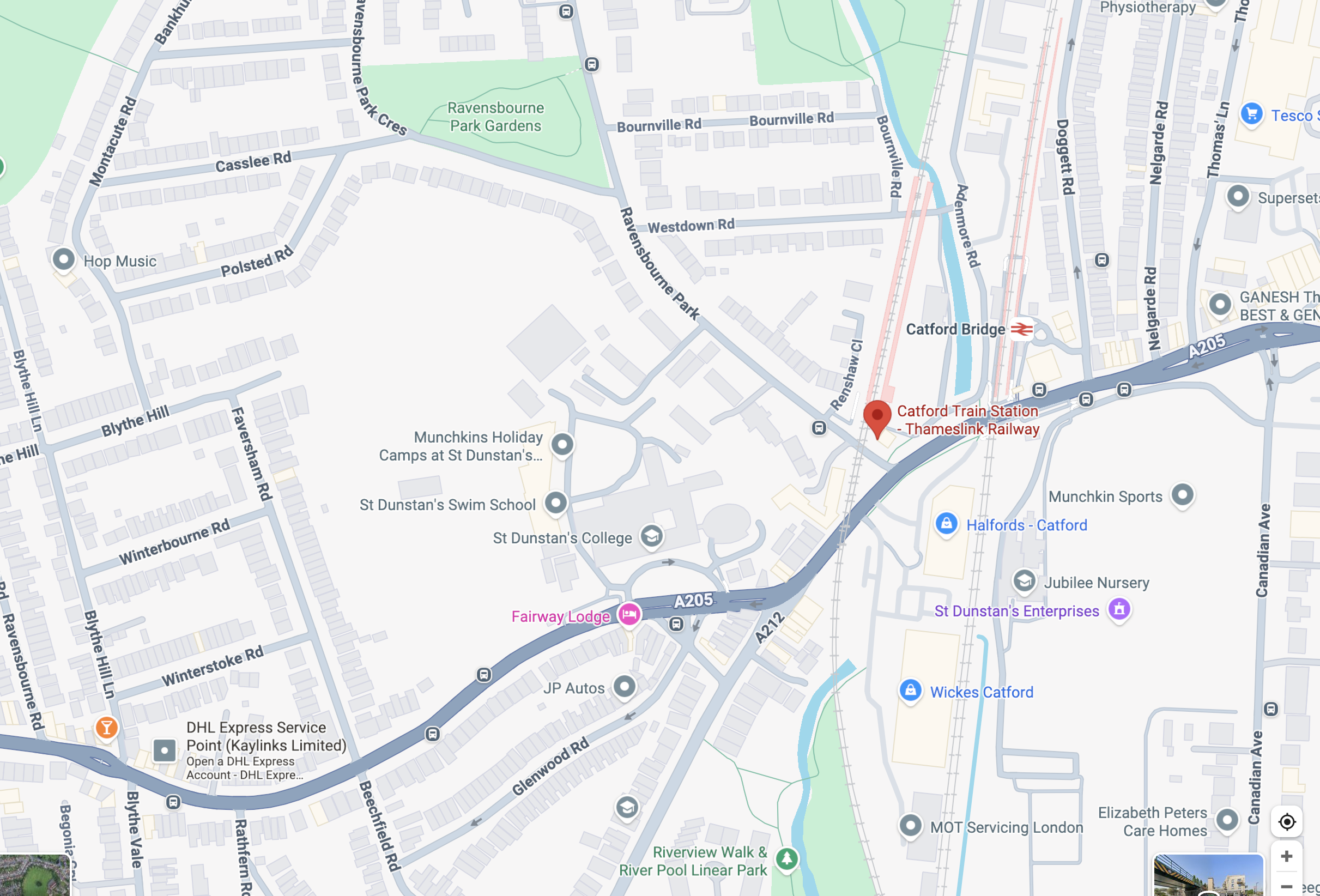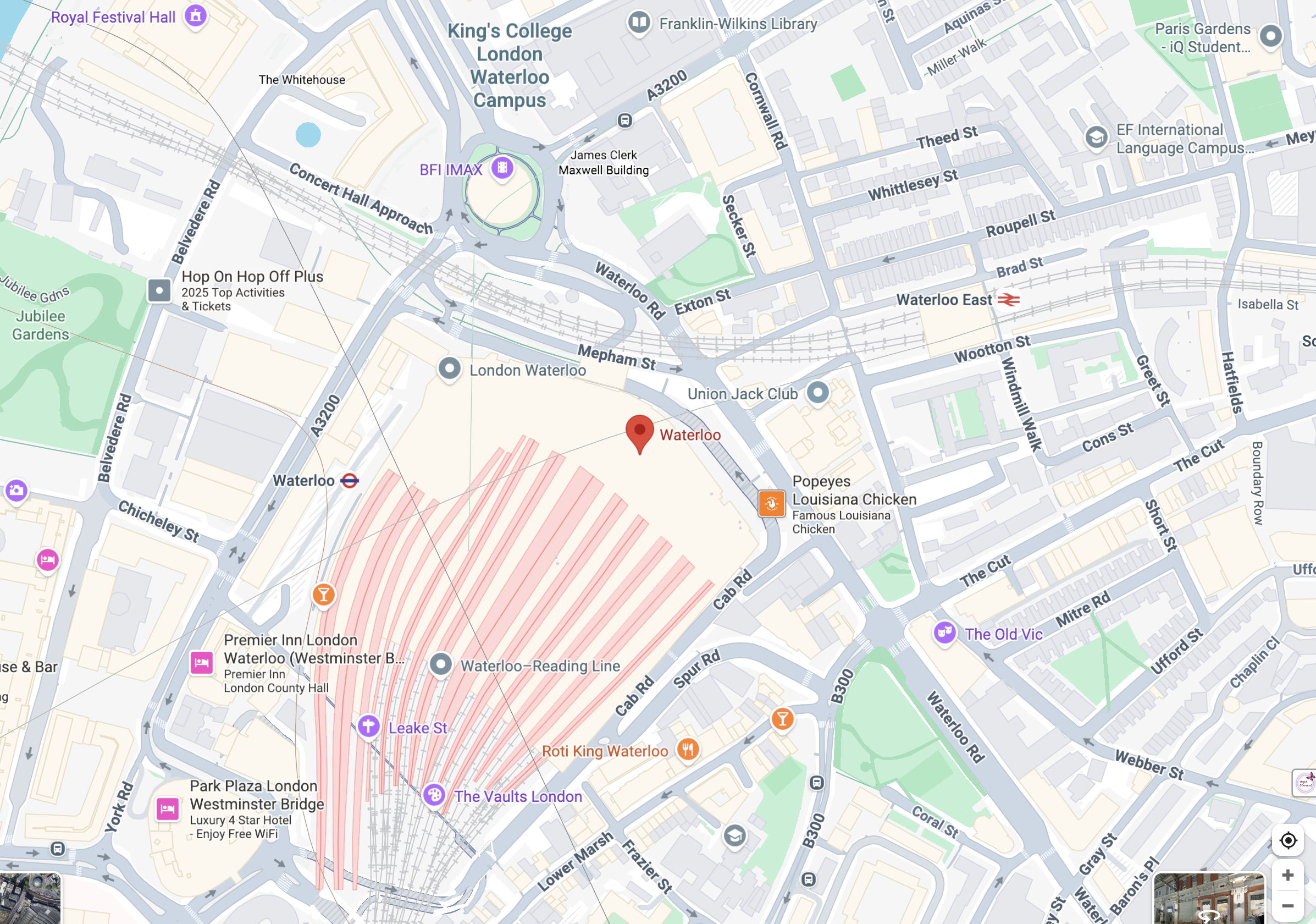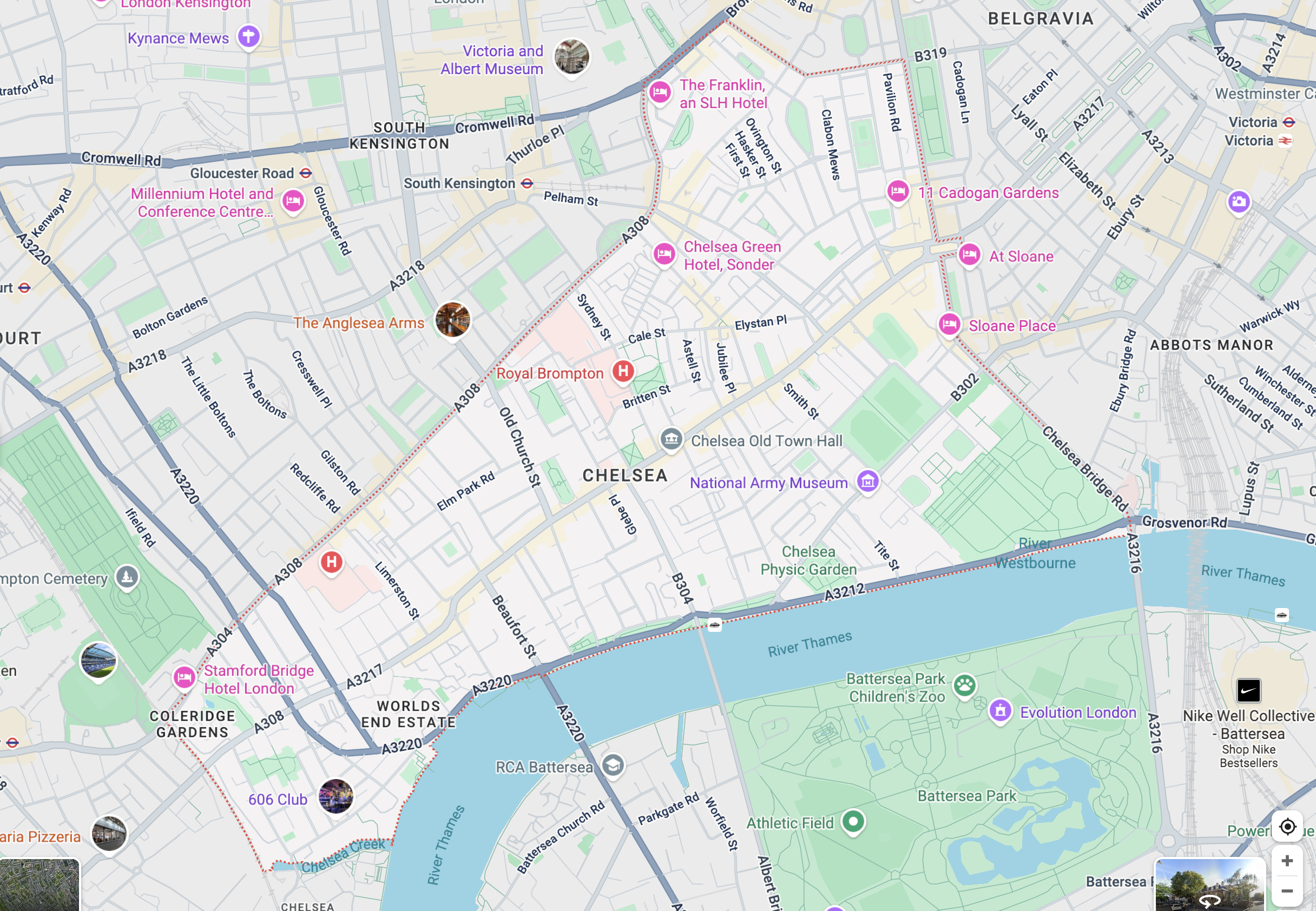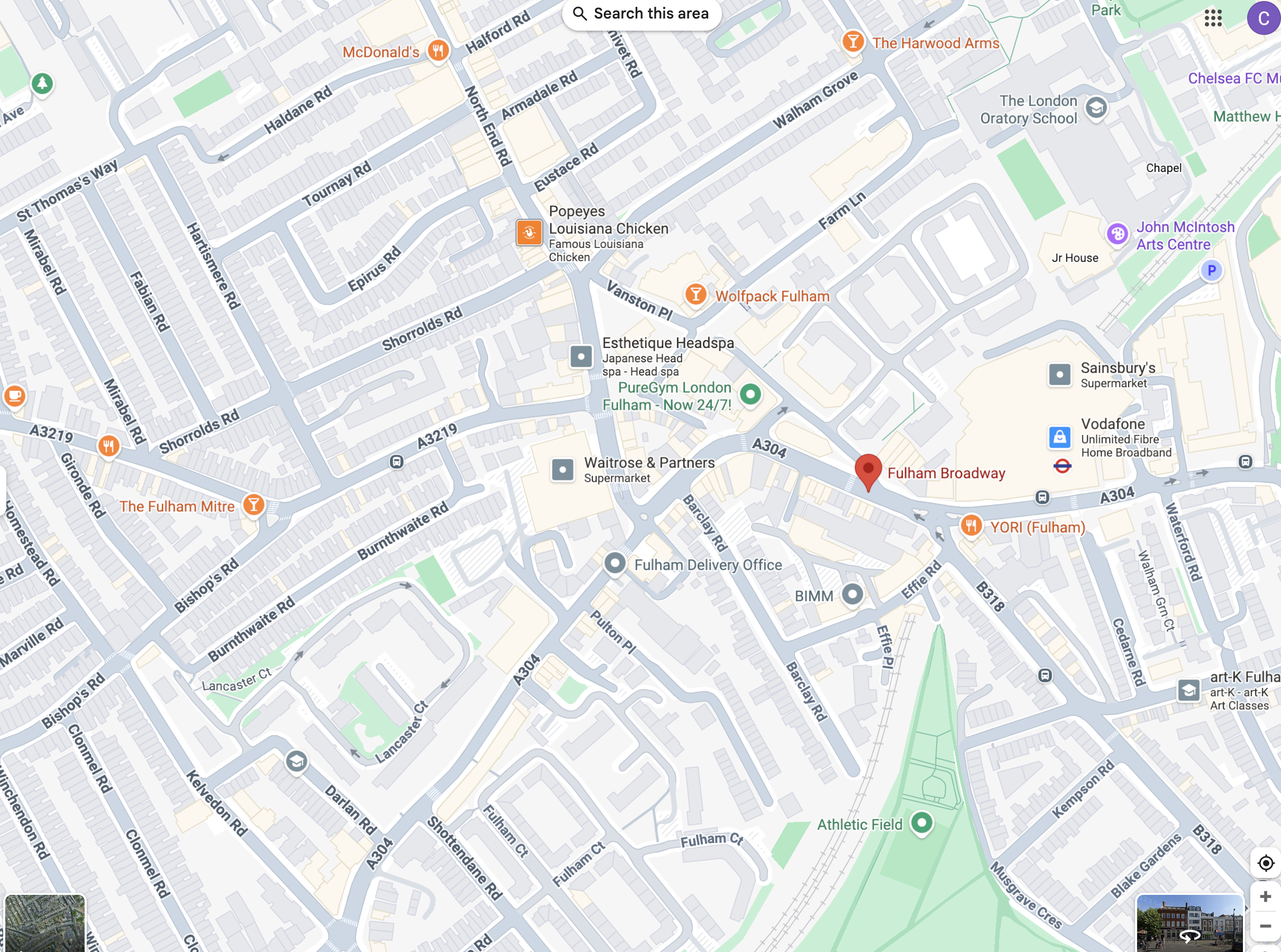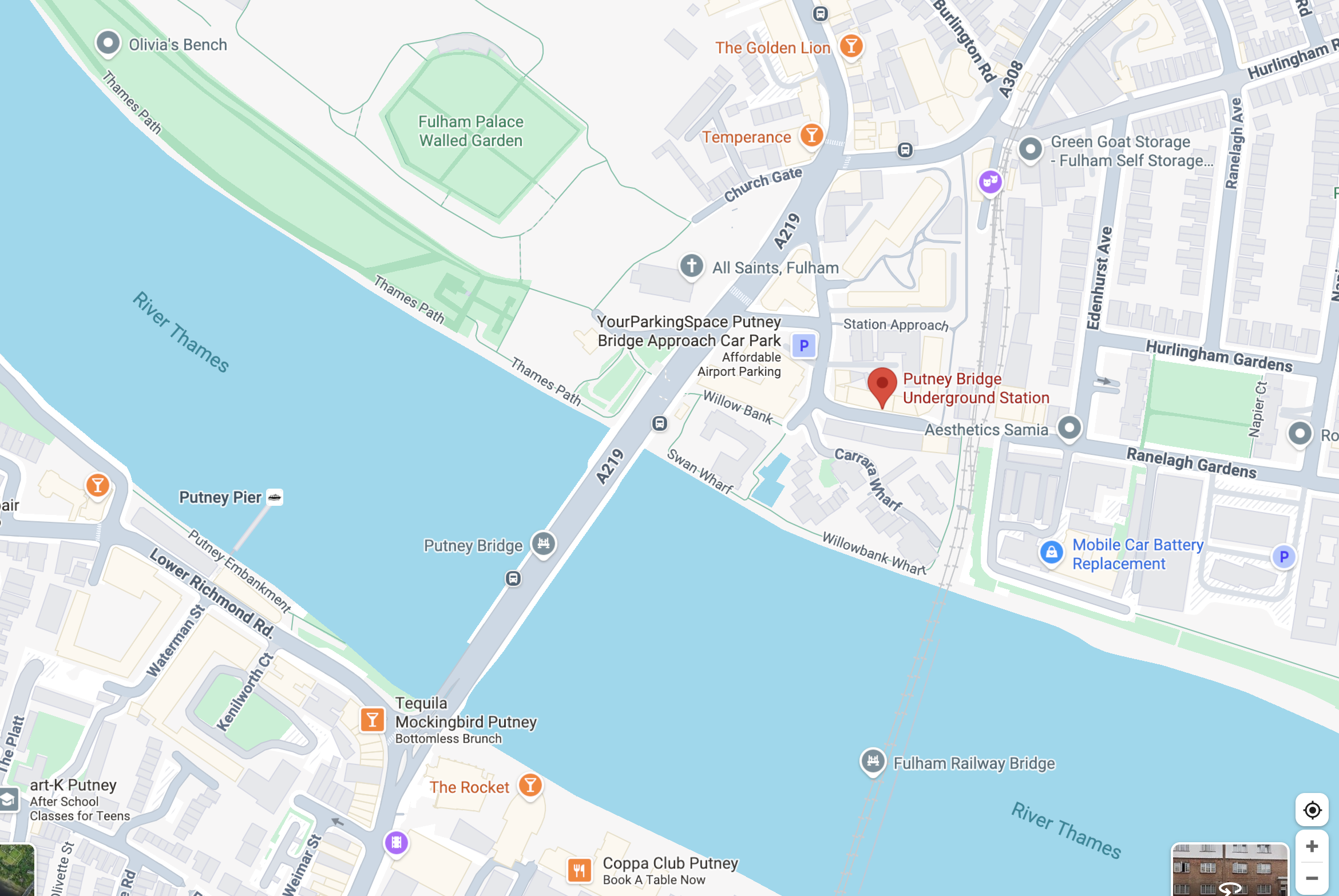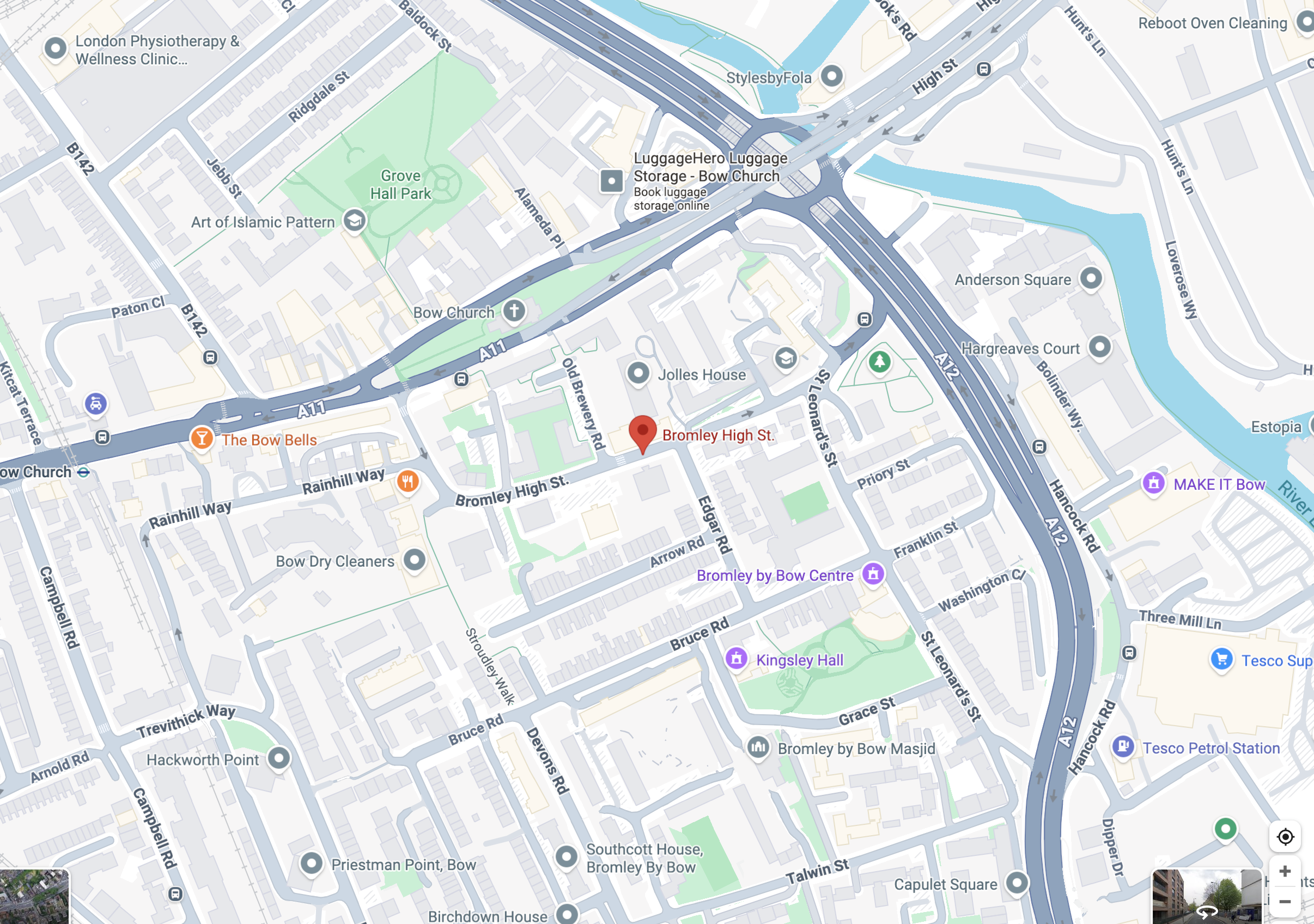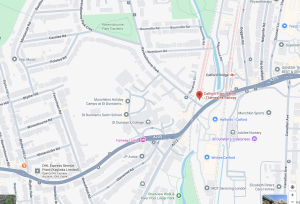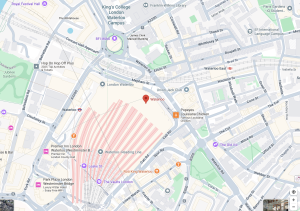| 7 Cues That You are Dealing with a Rogue Locksmith (Red Flags & Warning Signs)! |
The Master Locksmiths Association (MLA) reported that complaints about unscrupulous individuals posing as locksmiths increased by 25% last year, with the trade association receiving approximately 350 complaints.
The vast majority of UK locksmiths are honourable and hardworking professionals. However, like every industry, there are a few rotten eggs. The big problem is that these malicious actors don’t just cause damage to property. They also overcharge people, intimidate them, and in rare cases, leave a home vulnerable to burglary.
So, how can you avoid one of these shady operators? Here are seven cues that you’re dealing with a rogue locksmith.
1. No MLA Accreditation
One of the clearest indicators of a rogue locksmith is the absence of Master Locksmiths Association (MLA) accreditation. The MLA is the UK’s leading trade association for locksmiths, recognised by the police, Home Office, and insurers as the authoritative body in the industry.
MLA-approved locksmiths are rigorously vetted, regularly inspected, and must prove their competence through challenging exams and ongoing training. Without this accreditation, there’s no guarantee of skill, integrity, or even a clean criminal record.
Some estimates suggest there are around 6,500 working locksmiths within the UK. A little over 350 are registered MLA members. While not all non-MLA approved locksmiths are rogue operators, all rogue operators are not MLA approved.
Expert Tip
MLA-accredited members can put the MLA logo on their website. However, some shady locksmiths will put up this logo without going through the approval process. So, before you hire a locksmith, ask to see proof of their MLA membership, which you can also verify on the trade organisation’s official website.
2. Lack of Clear Identity, Address, or Local Presence

Many rogue locksmiths use generic business names, lack a physical address, or operate through national call centres. Some even steal the identity of reputable local businesses. In extreme cases, they even steal the identity of reputable local businesses, using their names, logos, or reviews to give a veneer of legitimacy.
Expert Tip
Check for a genuine business address and a local landline number. Verify who will actually attend your job and confirm their credentials with the MLA
3. False Claims of Police Approval or Fake Trade Logos
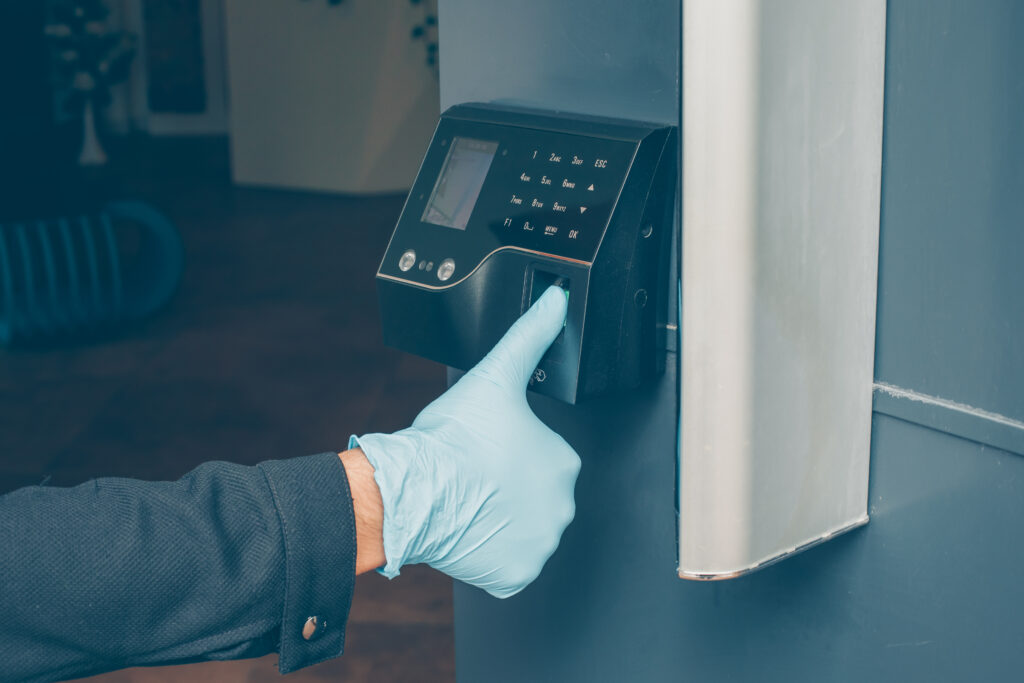
Some scammers claim to be “police approved” or display fake trade association logos. The police do not endorse locksmiths, so any professional that does is immediately suspicious.
Other rogue locksmiths post fake trade logos on their site, claiming membership of bodies like the UK Locksmith Association (UKLA), Accredited Locksmith Group, or Institute of Certified Locksmiths (ICL).
Expert Tip
Only trust locksmiths listed as MLA members. The MLA’s standards are recognised by the police, and their logo is a mark of genuine approval.
4. Poor, Generic, or Fabricated Online Reviews

Rogue locksmiths may have glowing reviews—or none at all. Some share addresses or reviews with multiple businesses, making it difficult to verify authenticity.
So, look out for things like only 5-star reviews with vague comments, reviews that are duplicated across different businesses, or no presence on independent review platforms.
Expert Tip
Look for detailed, specific reviews on independent platforms like Google, Checkatrade, or Trustpilot. Don’t just focus on how many stars they have, dig into the reviews and look for specifics.
5. Insistence on Cash-Only Payments and No Paperwork
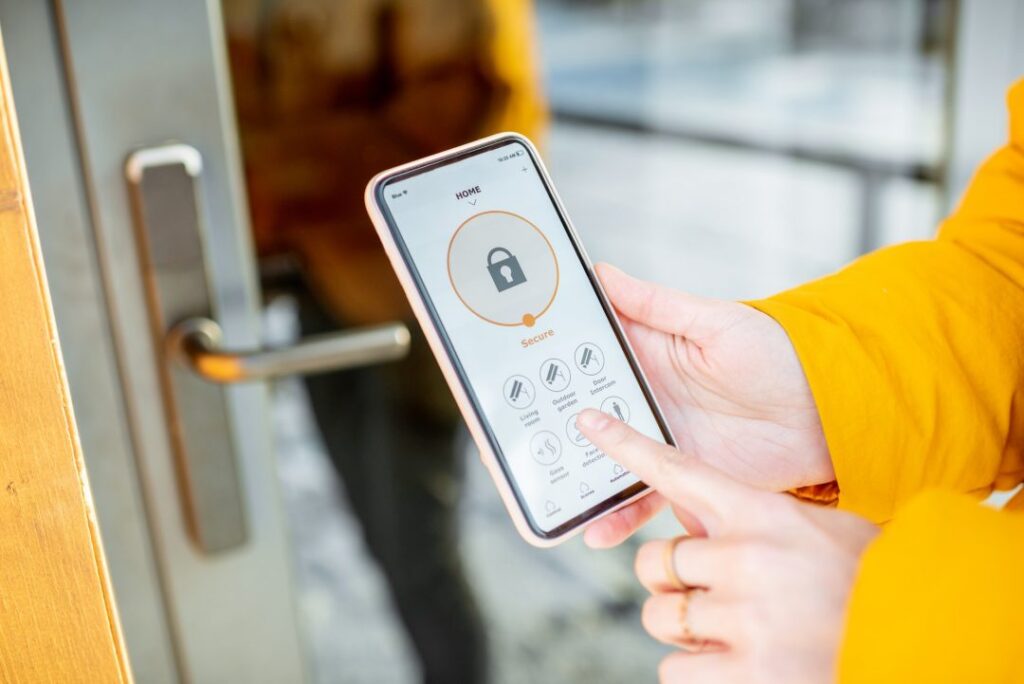
Many legitimate locksmiths take cash as a method of payment. However, they also offer a range of payment options, including credit and debit cards, bank transfers, and sometimes even cheques. If your locksmith demands cash only, it could be a sign that their business is not run in an honest manner.
Furthermore, if your locksmith refuses to provide invoices or a receipt, it’s another red flag.
Expert Tip
Always request a written invoice and pay by card if possible. Reputable locksmiths stand by their work and offer guarantees.
Also, it’s worth noting that while many reputable locksmiths accept both cash and cards, there is no industry requirement obliging them to take cash.
6. No Warranty or Aftercare
A good locksmith stands by the quality of their parts and work. A shady locksmith is unlikely to offer a warranty or aftercare service. So, before you hire a locksmith, check out their website to see where you stand.
Expert Tip
Before agreeing to any work, ask questions like, “What warranty do you offer on parts and labour?” and “What aftercare or support is available if I have issues later?” If your prospective locksmith is evasive or reveals they don’t back their work, look for a professional who will.
7. No Request for Proof of Ownership
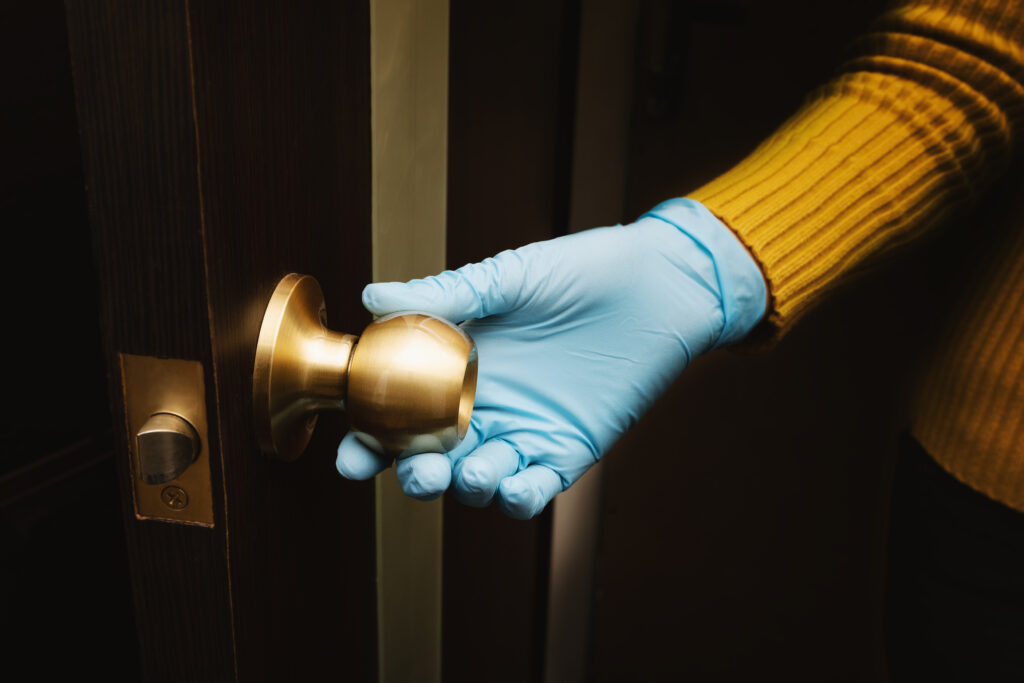
A professional locksmith will always ask for ID or proof that you have the right to access the property. Rogues often skip this, risking your security and potentially enabling criminal activity.
If a locksmith is willing to open a door without checking your credentials or asks no questions about your relationship to the property, they’re not meeting the right standard.
Expert Tip
If a locksmith is willing to open a door without verifying your identity, consider it a major red flag.
Other red flags to look out for

While our list of 7 cues that you are dealing with a rogue locksmith covers most of the bases, here are a few other things to help you identify bad actors.
- Aggressive or Intimidating Behaviour: Some scam locksmiths use pressure tactics or intimidation to force payment, especially when customers challenge inflated bills.
- Destructive Entry as First Resort: Rogues may drill locks unnecessarily, claiming it’s the only option, then charge extra for replacement, even when non-destructive methods should be used.
- Unmarked Vehicles and Lack of Uniform: Professionals typically arrive in branded vehicles and uniforms, while rogues may turn up in unmarked vans and plain clothes.
Final thoughts
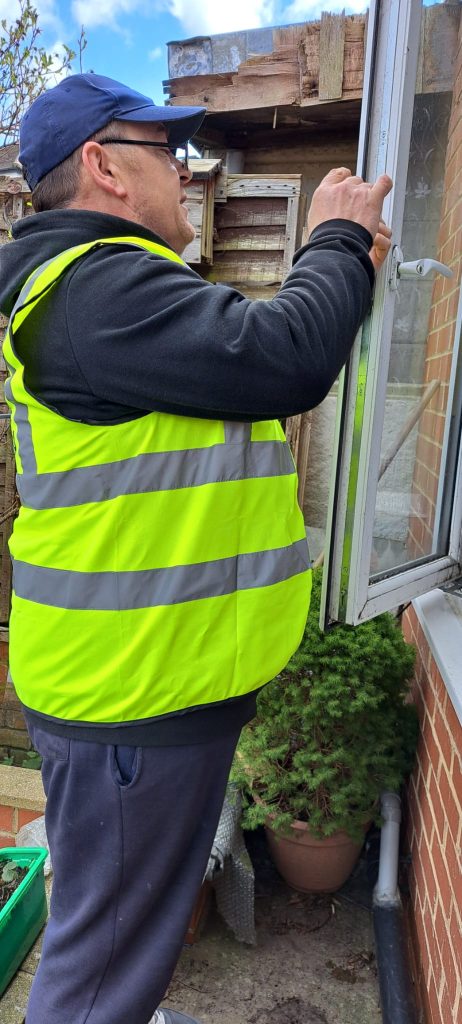
Working with an MLA-approved locksmith is essential. These professionals go through vetting and examination processes to ensure you receive proper service. What’s more, incorrect lock installation by unqualified tradespeople can invalidate your insurance policy. MLA locksmiths provide advice and installations that comply with insurance and legal requirements ensuring your home stays safe and compliant.

